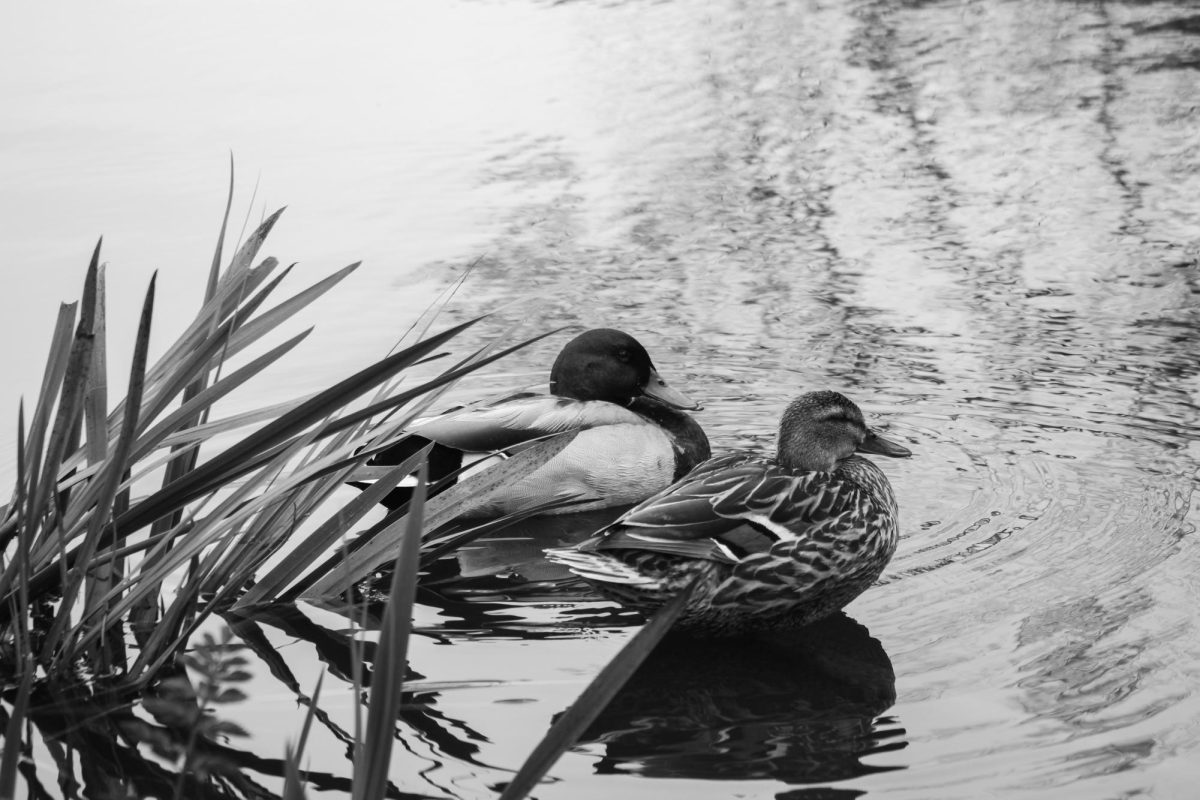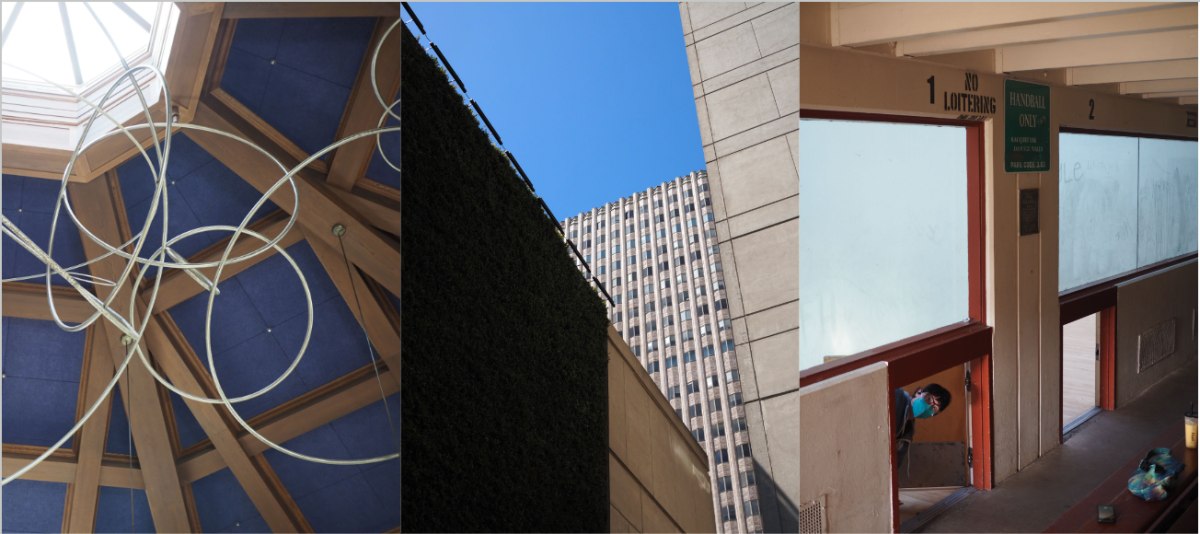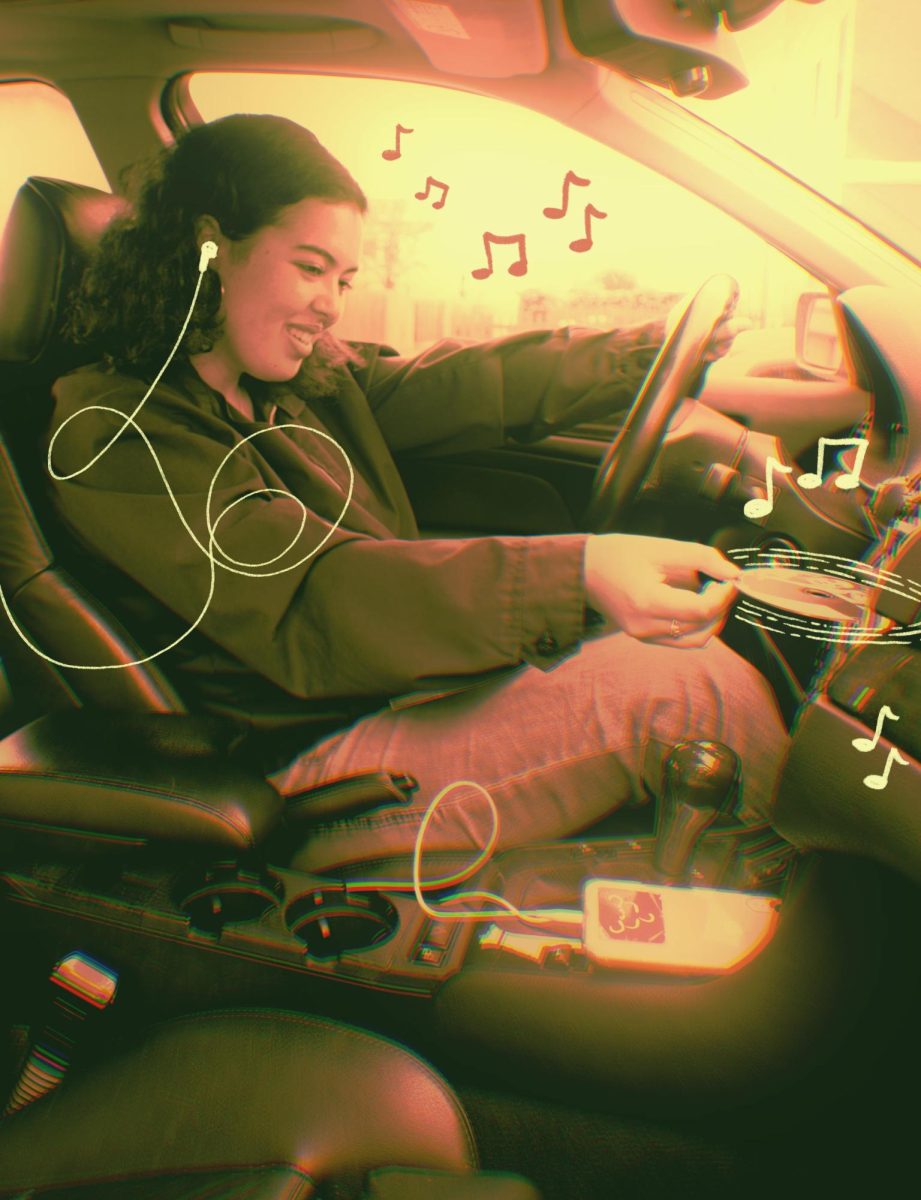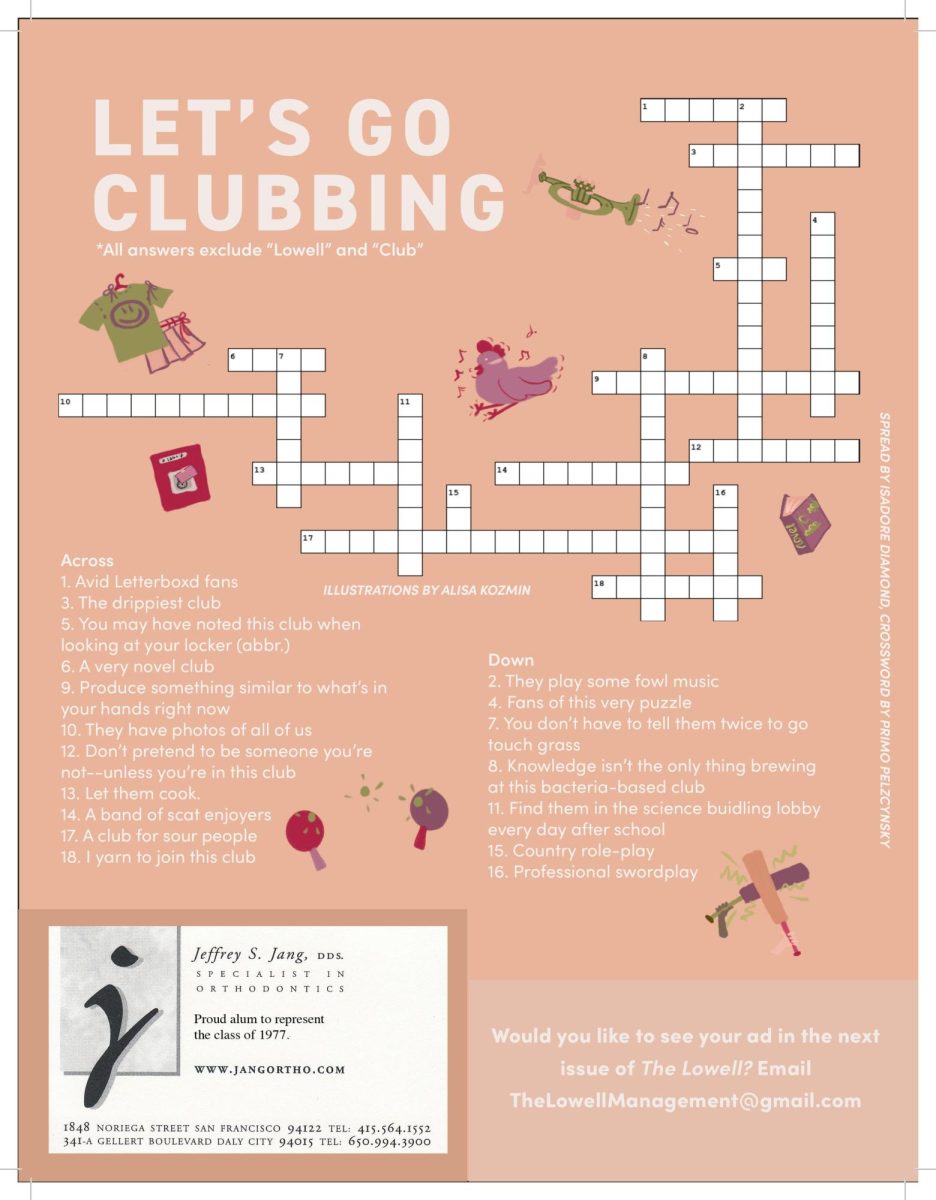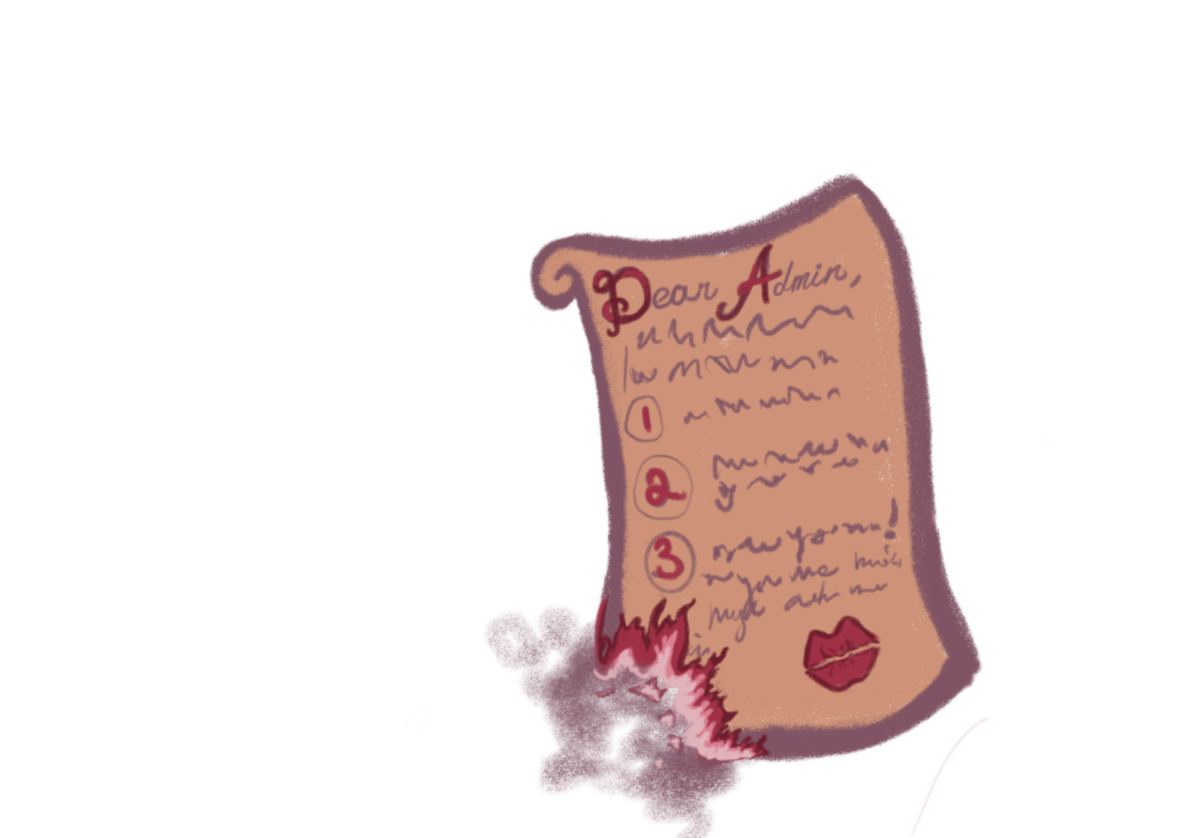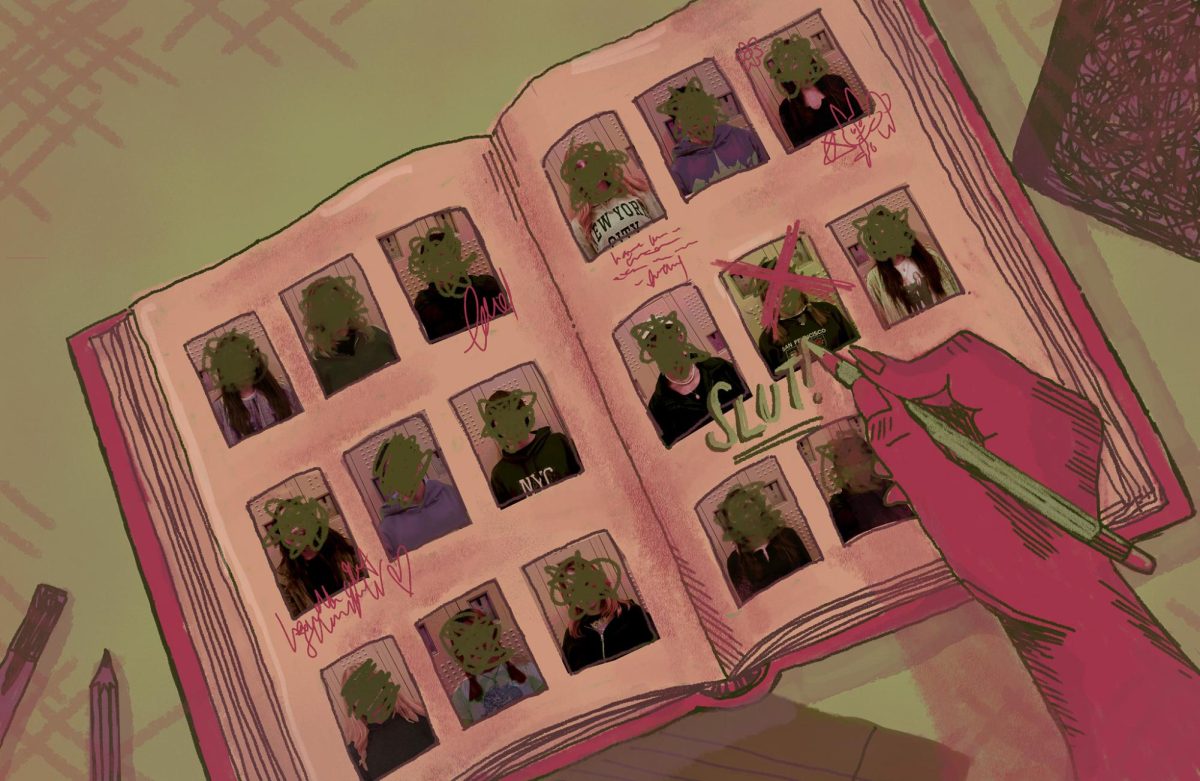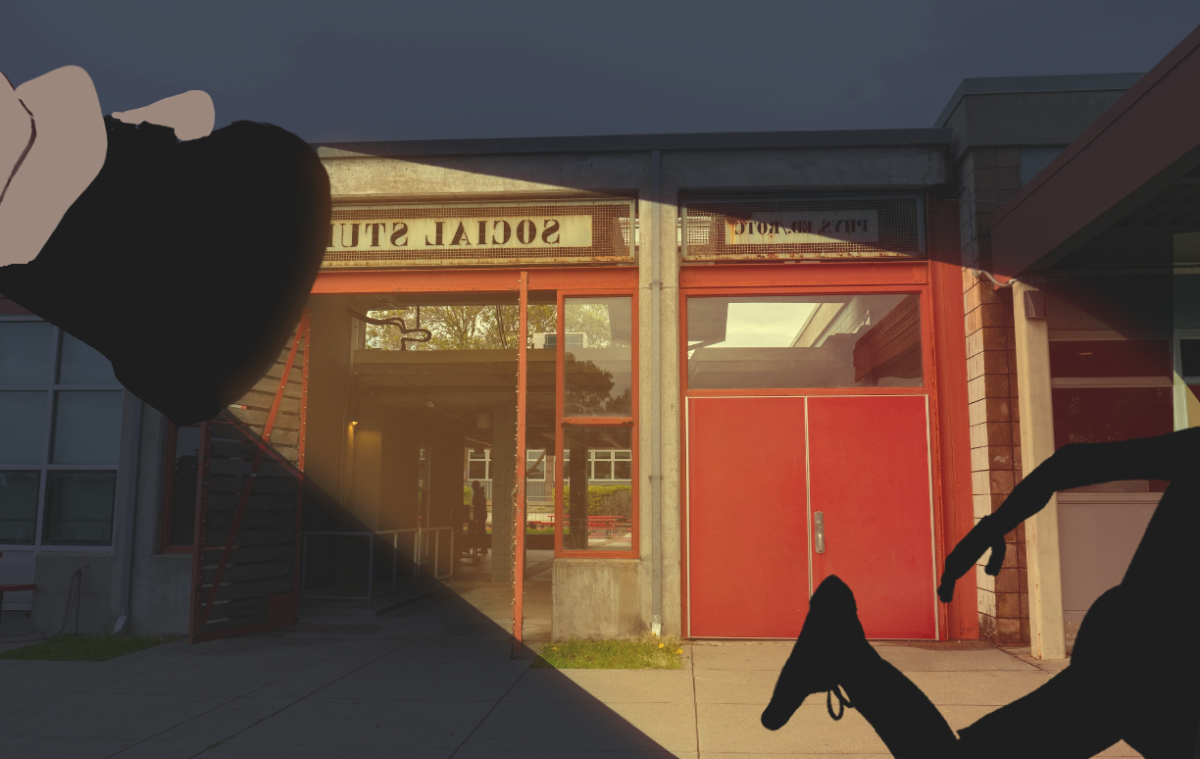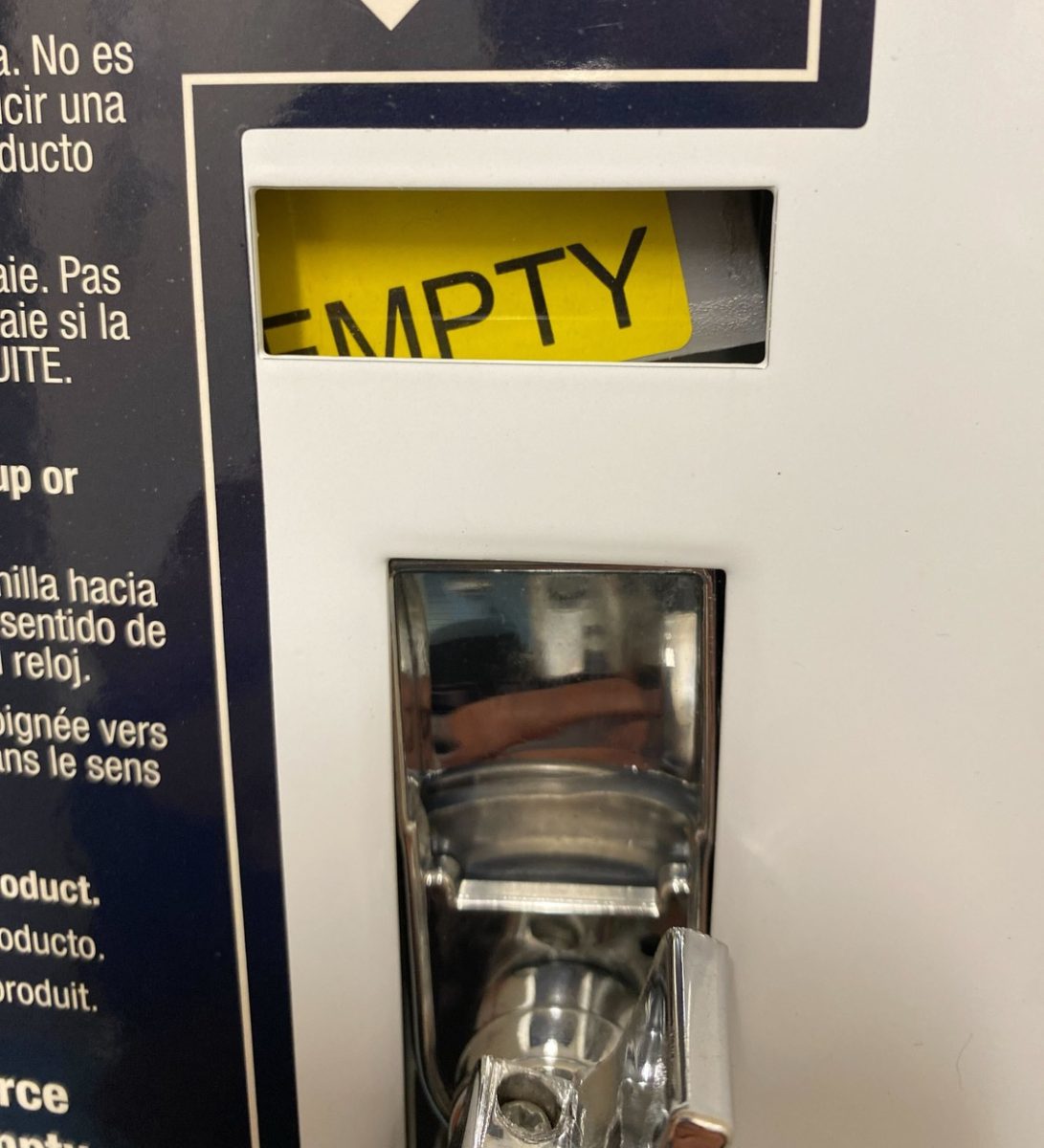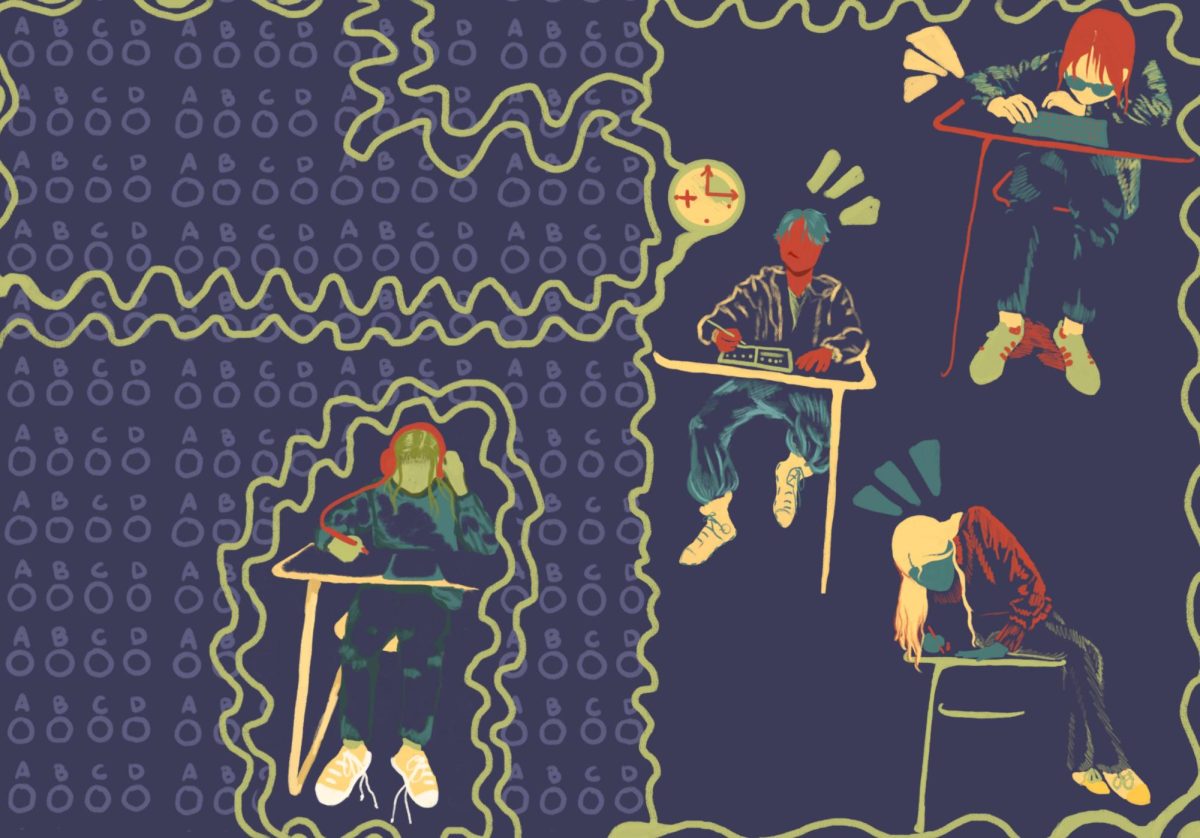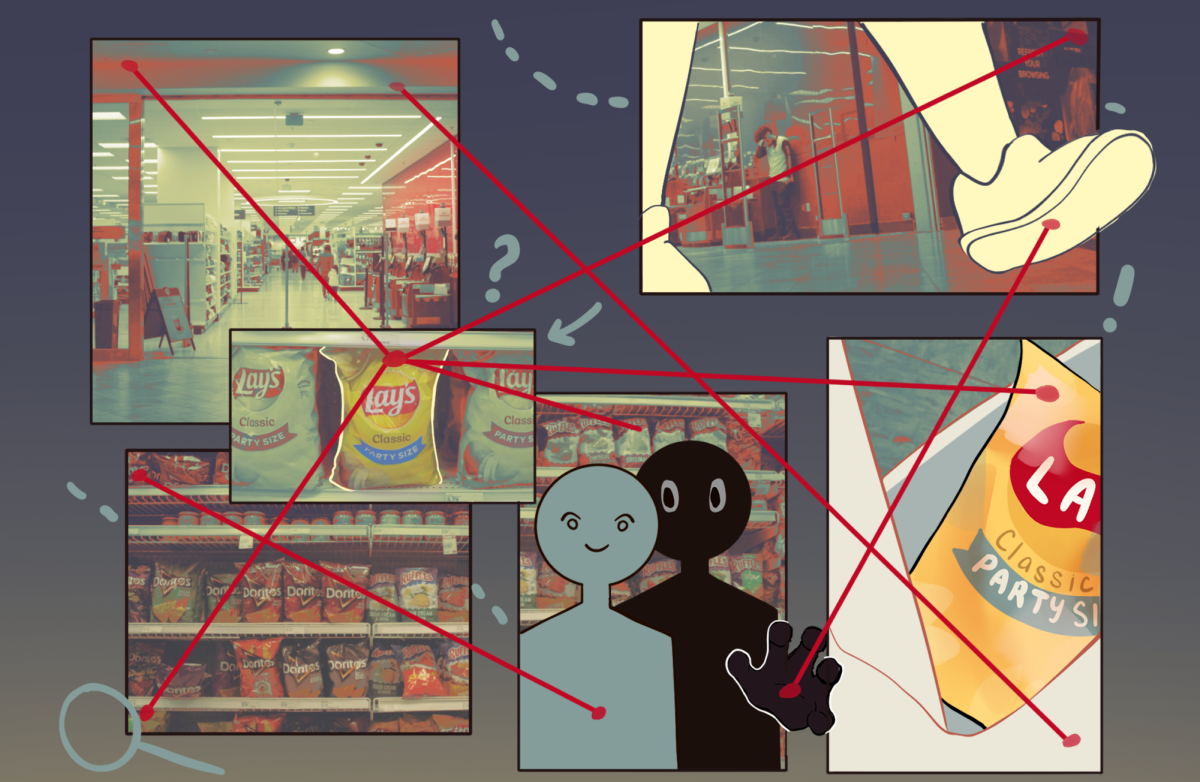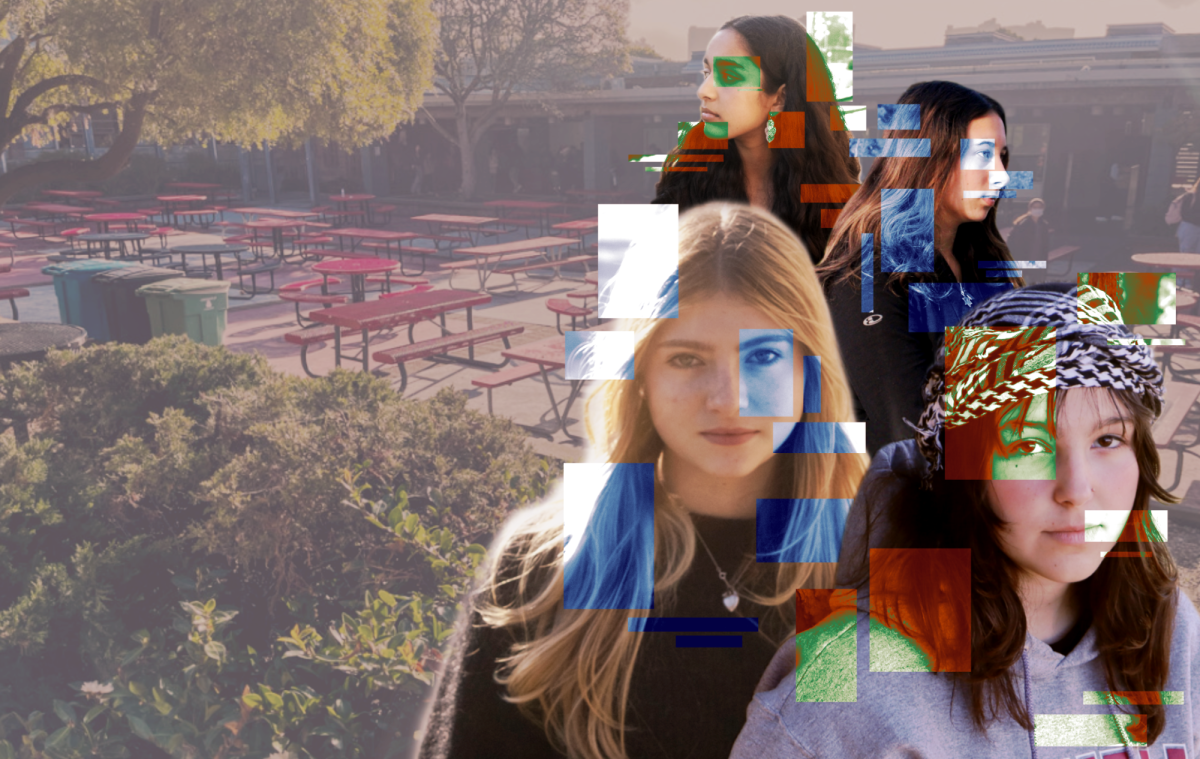By Aaron Nguyen, Emily Sobelman, Tammie Tam

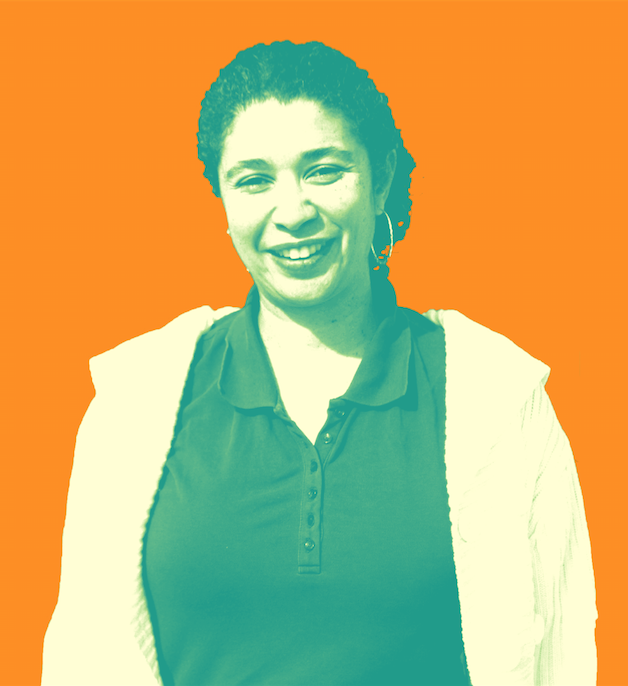
Lowell alumna shares experiences living on non-renewable energy
By Aaron Nguyen
Maurisa Thompson, English teacher
“I get really excited about learning,” English teacher Maurisa Thompson said. “I’m driven by a belief that anybody can learn. I really love it when students “get it” or when I can see that leap into a new idea, and help them make progress. Or when they figure out something new, or try out and get into a topic that they hadn’t really thought about before.”
Thompson first started teaching at summer programs when she was still attending Lowell herself. This inspired her to pursue a career in teaching in the future. She later graduated from college with a bachelor’s degree in English and a Master of Fine Arts degree in Creative Writing.
During her career, Thompson has worked as a substitute, a reading and writing coordinator at an educational nonprofit organization, an editorial assistant for an academic journal called The Black Scholar, a teacher at Life Academy in Oakland and a teaching assistant in the Creative Writing Department at UC Riverside. She has also worked summer jobs delivering food and teaching at arts and science camps.
What were some challenges and rewards in your career as a whole?
One of the challenges is figuring out how much your students are really taking away from what you’re teaching in class. Also, I always want to talk about a lot of stuff, and I always think the schedule is something different than what it is. That’s the downside of being your nerdy self―you always want to geek out and you lose track of time.
The main reward is always the students. Definitely getting little honest moments from the them―when they’re able to show their creativity and their thoughts. And that’s just super enjoyable, because I’m a nerd and I like that kind of thing. The other reward is learning something new myself. One of the interesting things right now is that I’ve had to teach myself a lot about gothic literature, and as a result I have a greater appreciation for it..
What’s your impression of Lowell compared to other schools you’ve taught at?
Lowell seems very familiar to me because I graduated from here, even if it was 20 years ago. I see students going through a lot of the same stress and pressures I remember as a student. But as a teacher, if I compare Lowell to other high schools, I’d say the classes are a lot shorter, and I do kind of wish they were longer. I’m kind of used to long blocks, as a teacher. And sometimes when I’m teaching, I’m like, “yeah, let’s keep going!”
But I think that’s because Lowell students are very knowledgeable, very smart, and willing to go with it when you ask a question. There’s a wonderful openness about working with them.
“I’ve been really driven in a belief that anybody can learn.”
What are some of your favorite hobbies?
Like I said, I’m a nerd. I like everything. I like creative writing and reading about the world and understanding history in that context―I even like science, too. A few years ago I did this weird little personal science project, in which I tried to see if I could run my entire house on solar energy and other types of renewable energy.
I bought these goofy little solar lamps from IKEA, a solar oven, two small solar panels and a charger, like a camping battery. I was basically camping at my house! But on the scale of one person, it’s not that hard to live a relatively normal life―you don’t need that much energy to do what you do. When it actually came to actual electrical appliances, I used really tiny, low-watt ones. I got a panini maker that only used about 300 watts and used it as a small grill, and a small low-watt rice cooker to re-heat food. It was kind of fun! I even made cake in my solar oven. My goal was to blog about reducing my carbon footprint, but eventually, what killed the experiment was that I needed to work two jobs, since it was the middle of the recession. I had been walking to work, but unfortunately I had to start using my car again.
What’s been your funniest teaching moment?
I had my students do a creative writing assignment, in which they had to take up the gothic voice and use the tropes found in writing of that time period. . So to help them get inspired, I set a “gothic” mood in my classroom. I played Beethoven because his music is influenced by that same time period, and I played a rain soundtrack in the background and projected a burning candle on the overhead. Some of my students thought this was pretty funny and drew down the drapes, and we started getting in a gothic mood.
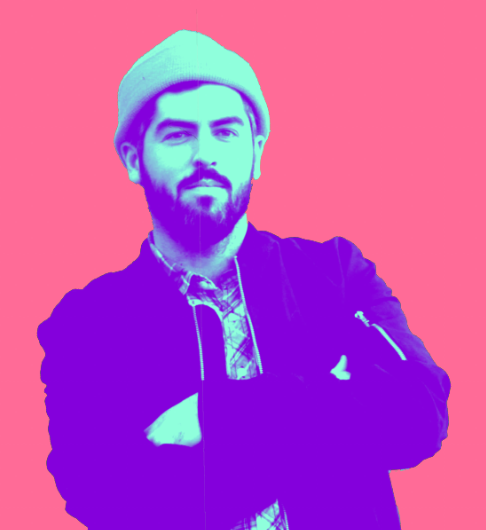
Band bassist advocates for making education more inclusive to the disabled community
By Tammie Tam
Aaron Buckley, transition resource learning teacher
“What I like about the disability community is that you don’t see wealth or age or money playing a role,” said transition resource learning teacher Aaron Buckley. “The disability doesn’t care who you are, if it is going to happen, then it is going to happen. I see a lot of people coming together and learning about the culture whether they’re black, Latino or Asian. That’s what really inspires me―the overwhelming sense of community.”
Buckley grew up in East Bay, and in high school he had a passion for writing. In his career, he’s held jobs in behavioral management at the Pomeroy Recreation and Rehabilitation Center, as a family advocate for the families of children with disabilities and a supervisor for the Easter Seals organization, which offers in home care for families with disabled children. Buckley is currently working on getting his master’s degree at San Francisco State University.
What were some challenges and rewards in your career as a whole?
A challenge to overcome is getting to know each person individually. It’s a lot of trial and error. They don’t like this, they don’t like that. I have to figure out what motivates someone to be receptive to learning or listening, and then I use those ideas to create the year-long plan to follow.
Also, I’m hard of hearing myself, so I have to bring that up. I’m pretty much deaf. I can hear some sounds, but I need to lip read, so if I don’t see someone’s face, I don’t hear them talking. I think [being hard of hearing] has made my communications better, since I’m so reliant on looking at someone’s body language and their facial expression and how they position themselves. To figure out what someone is saying, I don’t rely on sound―there are all these finer nuances that people use to communicate.
One reward was the first time when I knew I wanted to be a special ed teacher. My mom was a special ed teacher, and when I was little, she always had me in the classroom. One day, I noticed there was this one kid who was watching people go up and down the slide but not going on it himself. And I thought, maybe he doesn’t understand how to get up there, so I showed him how to climb up the ladder step by step. Then I took his hand and did the whole thing with him. When he went down the slide and got up, he was so happy. He did over and over and over.
Fifteen years later, I bumped into him. I hadn’t seen him in a while, but he still remembered me. I was just like, “Wow, I need to keep doing this.”
“…We’re starting to think about what can the community do to learn more about this group and what kind of support we can offer so that general education is more accessible to children with special needs.”
What is your impression of Lowell compared to other places that you have worked at?
Compared to other school districts, San Francisco Unified is doing a tremendous effort to incorporate students with special needs in general ed classrooms. We still have a long way to go, but we’re getting there. At this point, we’re starting to think about what can the community do to learn more about this group, and what kind of support we can offer so that general education is more accessible to children with special needs.
What are some of your favorite hobbies?
I’m in a band called Subculture, and we have an EP out called Future Selves. In high school, I learned the bass, and then my parents heard me playing so they got me a guitar. Then in college, I moved in with a friend and we got a drum kit, so between the two of us we had a guitar, bass and drums. We had a buddy nearby who was a really good guitarist, so I took to bass, my friends took to drums and my friend’s sister who’s a pianist joined in later. We’ve been jamming for eight years now. We just jam and have fun. We’ve also played shows — the last time we played was at a show in Oakland six months ago.
Also, when I was younger, I always thought I would be the next great American poet. I would write all the time, thousands of pages of poems. I was inspired by Blink-182, so I would start off writing poems modeled on that sort of style. As soon as I came home from school, I would try to write something, and before I went to bed I would try to write something.
What has been your most memorable teaching moment so far?
I’ve been teaching my class sign language, because I’m like an intermediate signer and I use sign language with my family. Gestures and facial expressions are the easiest way to communicate. At the beginning of the school year, I had a lot of people who wouldn’t be able to express themselves, but now my whole class is making giant gestures. And I’ve been seeing how people express themselves, and now they are engaging more and their personalities are coming out so that’s been fun.
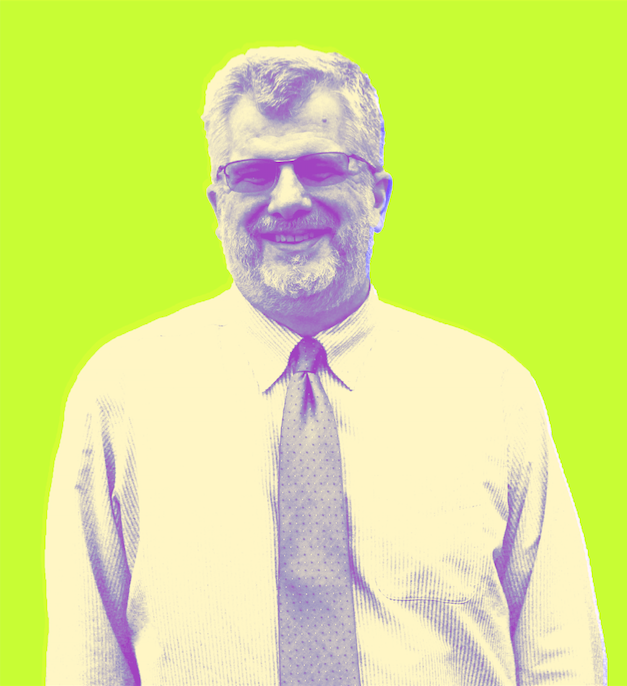
Former bond trader and baseball coach trades in old job to teach social studies
By Aaron Nguyen
Steven Saltzgaber, social studies teacher
“I did thirty odd years in the markets. It was time to make a change — I was getting too old for it,” social studies teacher Steven Saltzgaber said. “It just seemed like a natural transition to make given the interests I’ve got in terms of coaching and mentoring.”
In college, Saltzgaber studied quantitative economics and government. Originally, he planned on finding a career in diplomatic service, but after graduating and getting his MBA he went into the financial markets instead. For the majority of his career, he worked for various international banks and traded U.S. treasury securities. He spent 17 years in Tokyo and 11 years in London and moved back to the United States last year. Before Lowell, Saltzgaber worked as a substitute social studies teacher at Thurgood Marshall.
What were some challenges and rewards in your career as a whole?
The nice thing about being in markets is that, in a lot of ways, you’re your own boss. You get a chance to get at the world on a minute-by-minute basis. See how things interact, see how they kind of come together — hopefully to some kind of conclusion. In the markets, that conclusion is price. But in terms of, you know, what’s the effect of a tsunami in Indonesia? Rates in Germany? You know, the whole idea of being able to take this whole thing and piece this whole big puzzle together is a phenomenal aspect of the job. It’s really, really fun.
Teaching is kind of a completely different type of pressure because you’ve got an obligation to your students. You’ve gotta be prepared, you’ve gotta be fair, you’ve gotta be inclusive. Whereas in my job, it was the exactly opposite. Fair didn’t count, fair didn’t matter. You were on your own. The challenge is trying to reinvent myself, in a way, as a person. I think my wife would say that I’m a better person than I was when I was a bond trader. You really have to change your orientation and what’s important to you. And that’s the biggest challenge of teaching. That, and trying not to swear in class. In the securities industry, about every third word is unusable in the classroom, so I have to temper my language.
“The challenge is trying to reinvent myself, in a way, as a person. I think my wife would say that I’m a better person than I was when I was a bond trader.”
What’s your impression of Lowell compared to other schools you’ve taught at?
The challenges are different. The biggest challenge in [Marshall Thurgood] was language. For most of my students, English was a second language — or it was not a language they’d even learnt. Language is not the same challenge at Lowell, and classroom management is definitely easier here.
At Lowell, I have to worry about being prepared enough so that I keep the level of rigour high enough as demanded by the school and the students here. There are a bunch of bright kids here, and I can always tell the day I’m not prepared. You kind of half-prepare a lesson, you come in, and the first time you give a weak assumption in front of the class, the smart kid in the class takes it and volleys it back at your head. It’s a good challenge to be up for every day.
What are some of your favorite hobbies? What inspires you?
I love coaching kids — I coach baseball. I love watching kids develop their sense of self-esteem, their sense of courage, their ability to go out and do something. For me, my favourite escape from the markets was to go out and coach.
I started coaching when I was playing baseball in college, but I’ve been doing it regularly for the past 15 years. I coached on a national level in Europe, and I’m coaching Little League and high school baseball now. I used to coach my daughter and my two sons from the time they were little up through high school. It’s always been a big part of me and my family.
What’s been your funniest teaching moment?
We did a government formation exercise in American Democracy. Second semester seniors are all like [sarcastically] “yeaaah, great, we’re doing American Democracy.” But I gave them this exercise which is basically: your plane crashes, you’re stuck on a deserted island, and you’re put in groups to talk through the process of what they’re doing. It sparked up the class a little bit. It’s a silly exercise in a way, but watching mildly jaded seniors take to it was a lot of fun.
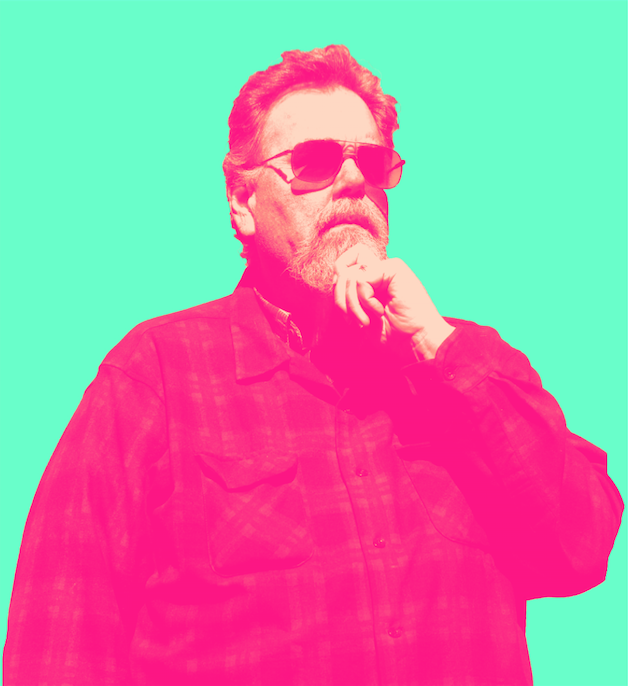
Chemistry teacher shares love for making guitars and Goldberg machines
By Emily Sobelman
Geoffrey Gould, chemistry teacher
“I wouldn’t say one event prompted me to become a teacher,” chemistry teacher Geoffrey Gould said. “The idea had occurred to me for many years and there was a change in what I had been doing in my life, so it seemed like a good time to do it.”
In college, Gould majored in four different subjects: biology, Russian studies, English and chemistry. After graduating, Gould taught at three other high schools in San Francisco: O’Connell, Wallenburg and Pacifica. Throughout his career, he also worked jobs building satellite antennas in the aerospace field, managing an online store, running an online community forum, doing web design and building electric guitars.
In your career as a whole, what have been some challenges and rewards?
Everything’s a constant challenge when you’re trying to be better. If you have high standards, you’re never quite satisfied. As a teacher, I’m satisfied when my students do well. As a guitar maker, I’m satisfied when someone likes my guitars.
What are some of your favorite hobbies?
I play the bass. In college, I had a roommate who needed a bass player, and he thought that would be easy to get started with, so I bought a bass and he taught me to play.
I also like making guitars. That started when I was working in the aerospace field making satellite antennas, and everything I was doing was making things lighter weight so that they could go into space. Then one day I was at a concert and I saw this bass player who had a very thick strap, and I was watching him and I thought, “Huh, maybe I can make it lighter.” And so I contacted this company, and that’s what led to that development. My guitar necks are made out of graphite epoxy, kind of like bicycles, or golf clubs, or tennis rackets. It’s a specialty item, high performance stuff.
I also write a blog sometimes, and I try to communicate with other people. I write about politics, music, whatever’s interesting to me.
“I try to encourage questioning… I want to get [students] used to being able to defend their right to know something.”
What has your impression of Lowell so far?
The kids are very nice. They’re very concerned about their grades, sometimes a bit too much. I had a daughter who went here, so I know what it’s like. I want to challenge the kids to do more creative thinking. I’d like them to do more original thinking and not just be concerned with their grades, but be more concerned about their learning.
I try to encourage questioning, and not everyone is comfortable with questions. Sometimes students will not ask any clarifying questions, even if they are having trouble following the content. I want to get them used to being able to defend their right to know something. It’s a hard thing to do, I can’t even say I’m 100 percent successful at it. But whenever I ask questions, that’s what really helps me. So I’m just trying to get kids to learn how to do the same.
What has your funniest teaching moment been?
In physics, I do this thing called a Rube Goldberg machine, and I’m hoping to do it this semester. It’s kind of funny, someone told me [Goldberg] actually went to this school. Anyways, we create a chain reaction with stuff like dominoes and put them all around the classroom, and that’s a lot of fun. We’ll see how that goes.
These interviews have been edited and condensed by Emily Teng.


